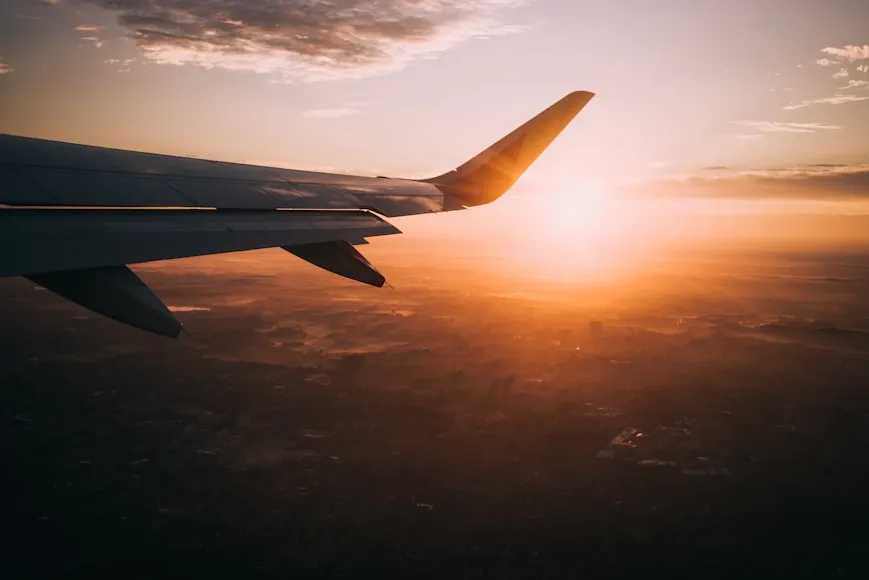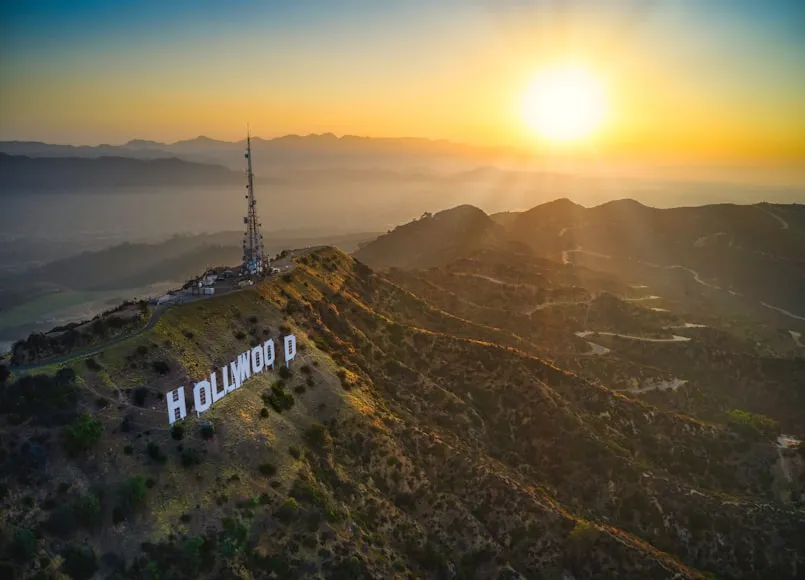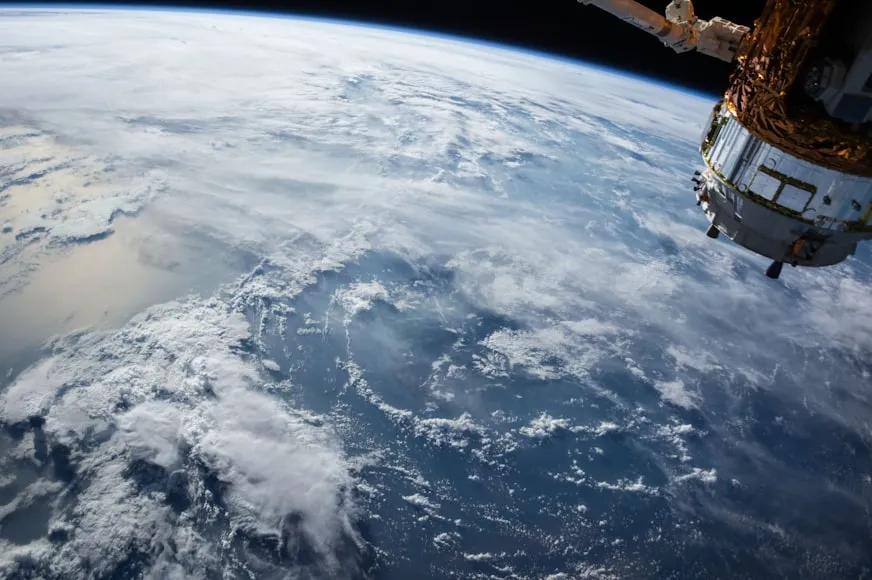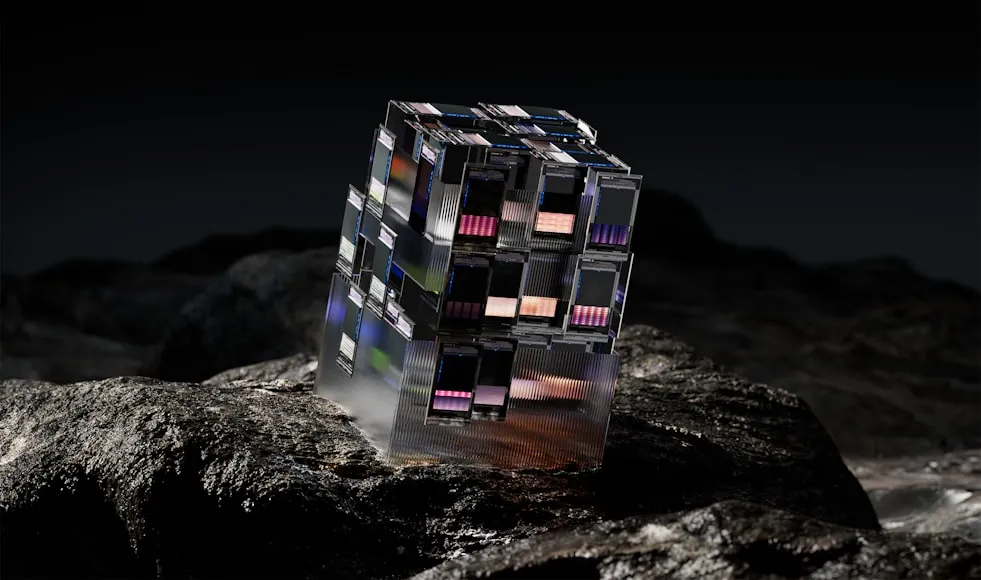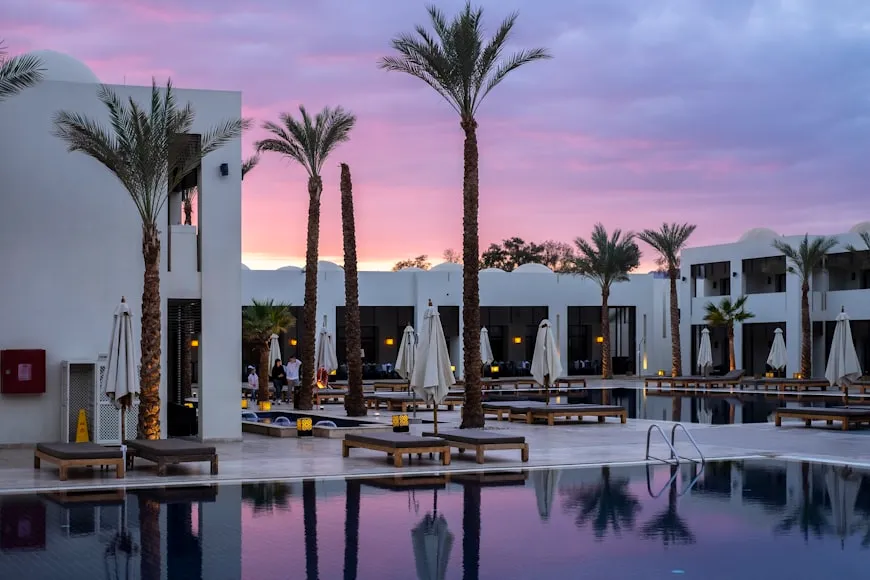
In 2025, luxury travel is no longer about marble lobbies and champagne breakfasts — it’s about rare experiences that money alone can’t buy.
Immersive experiences take center stage
Wealthy travelers are booking stays in undersea hotels in the Maldives, embarking on private Antarctic expeditions, and chartering spacecraft for suborbital flights. Instead of just “seeing” destinations, they want to live them — tracking wildlife with scientists in Botswana or learning traditional crafts from master artisans in Japan.
A tech-enhanced journey
Augmented reality headsets now allow travelers to overlay historical reconstructions onto ancient ruins, making places like Machu Picchu or Petra feel alive again. Hyper-personalized itineraries, powered by AI, adjust on the fly based on a traveler’s mood, fitness level, or even food cravings.
The demand for privacy
Private islands, remote villas, and secluded nature reserves are in high demand, fueled by both a desire for exclusivity and lingering post-pandemic habits. This shift is pushing luxury providers to focus on low-density tourism that preserves natural beauty.
The cultural conscience
Even in the high-end market, sustainability is key. Luxury travelers are increasingly willing to pay more for eco-certified accommodations, zero-waste operations, and carbon-offset programs — turning prestige into a force for environmental responsibility.

